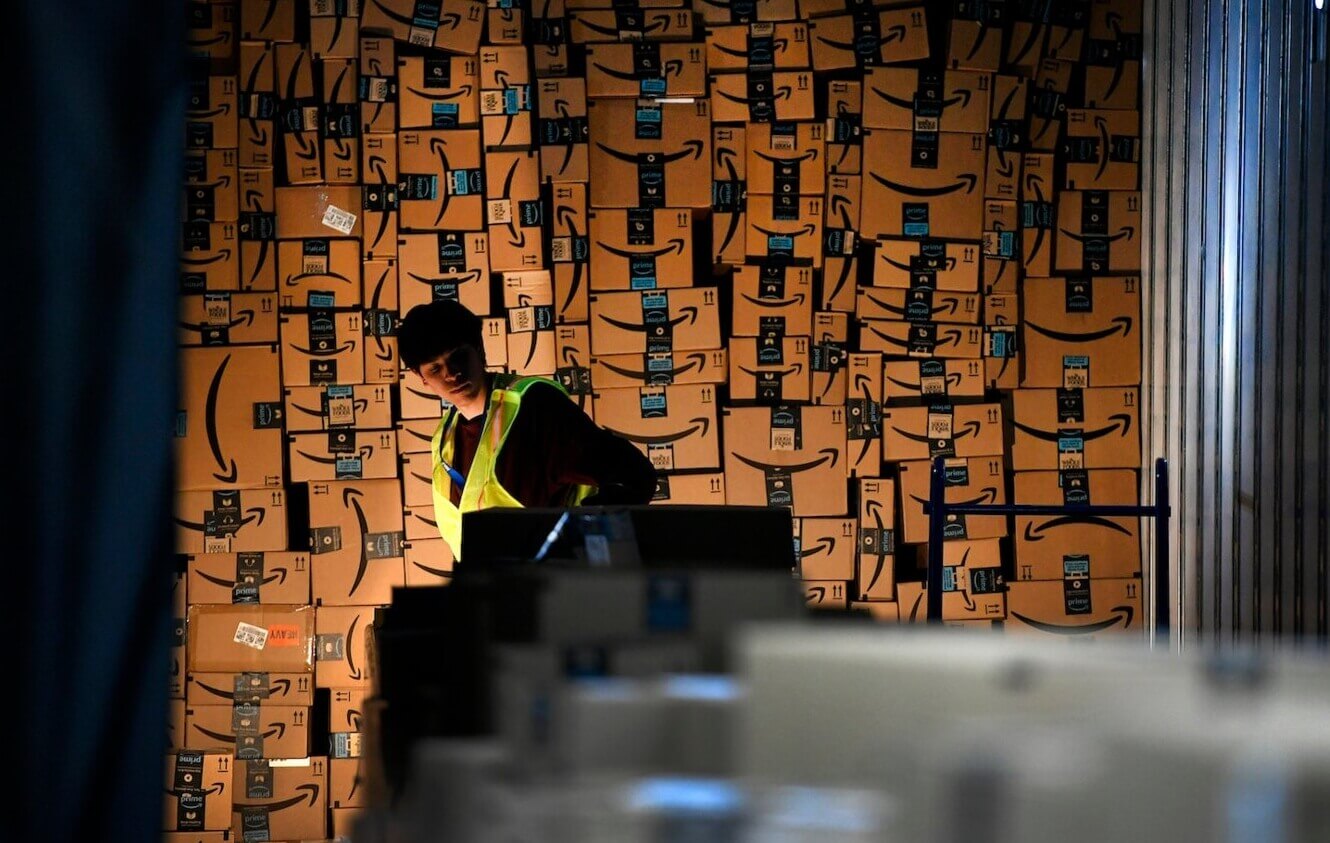In brief: Amazon may have been trying to boost the profitability of its retail business in a way that is likely to attract new antitrust scrutiny from regulators. The company has reportedly adjusted its search algorithm to make its own products more likely to be displayed on the front page, something the company vehemently denies.
Amazon has been under fire lately for its anticompetitive practices and is also the subject of a broad antitrust probe led by the House Judiciary Subcommittee which could turn ugly for the Big Four.
According to a new report by the Wall Street Journal, the company has quietly adjusted its search algorithm to favor its own products, instead of keeping the focus on displaying relevant and popular ones. Apparently, this began late last year as a move that was greenlighted by Amazon's retail executives in Seattle despite being "contested internally" by the search team, also known as A9.
Several A9 employees explained that this marked a change in how Amazon has been ranking listings for over a decade. They told the Wall Street Journal that Seattle executives have been pressuring them for years to boost the company's private-label products and in some cases even third-party products.
The changes are said to be subtle, in the sense that they affect a number of factors that can be used to judge a product's profitability, such as shipping and advertising costs. Amazon internally refers to this as "contribution profit," and the A9 team had argued that using that as a search variable was contrary to the whole "customer obsession" principle that CEO Jeff Bezos says is central to Amazon's business.
An Amazon spokesperson responded to the Wall Street Journal's report, disputing its validity. The company denies changing the criteria used to rank search results, and explained that it features "the products customers will want," without any preferential treatment. Amazon insists that while it does take the long-term profitability of products into consideration, it also looks at other metrics "as any rational store would."
Amazon might be more popular than Apple among millennials, but the company's questionable business practices have brought the attention of regulators. In the EU, the company is the subject of an investigation into its dual role as a seller and marketplace owner which could lead to a $23 billion fine.
